Thought for the Day – 17 November – Meditations with Antonio Cardinal Bacci (1881-1971)
The Influence of the Cinema,
Radio, Television, [Internet]
“It is an unfortunate but undeniable fact, that man often employs new inventions and discoveries for evil, rather than for good purposes.
The gifts of God ought to bring us closer to Him but, too often, they become, through our own fault, the means of separating ourselves further from Him.
Everything is good and not only whatever God has created but also, whatever we, ourselves produce by a proper use of the facultis with which our Creator has endowed us.
“Every creature of God is good,” says St Paul, “and nothing is to be rejected…” (1 Tim 4:4).
These words are still true of the countless inventions of our own era.
The cinema, radio, television, [internet], are essentially good because they are gifts which God has brought into being through the agency of human intelligence and perseverance.
But what use have we been making of them?
Take, for instance, the cinema.
It must be admitted that there are very few films today which are edifying or spiritually helpful.
Most are positively bad and dangerous, especially to certain branches of the community.
Moreover, as Pope Pius XI warned us, in his Encyclical, Vigilanti Cura, on this subject in 1936, many films, which would otherwise be quite harmless, are rendered dangerous because they are interspersed with various kinds of immorality.
Since the greatest evil for a Christian is the loss of God and this inevitably follows, the loss of grace and of the Faith, we must observe the following safeguards in our approach to the cinema:
(1)We must stay away from any film which might represent a proximate occasion of mortal sin;
(2) We must avoid films which are opposed to morals or to the Faith and must see that our families and dependents, do likewise;
(3) We may attend films which are good or merely entertaining.
It is better, however, not to go to the cinema too regularly, for to do so, would be a waste of time and could expose us to unforeseen risks.
In any case, there are many other amusements, preferably open-air, which are much more beneficial to soul and body.”
Antonio Cardinal Bacci
Note: We are definitely capable of updating the wise words of dear Cardinal Bacci to accommodate the current era and infiltration of the above evils into virtually every moment of our lives – on our phones and computers.
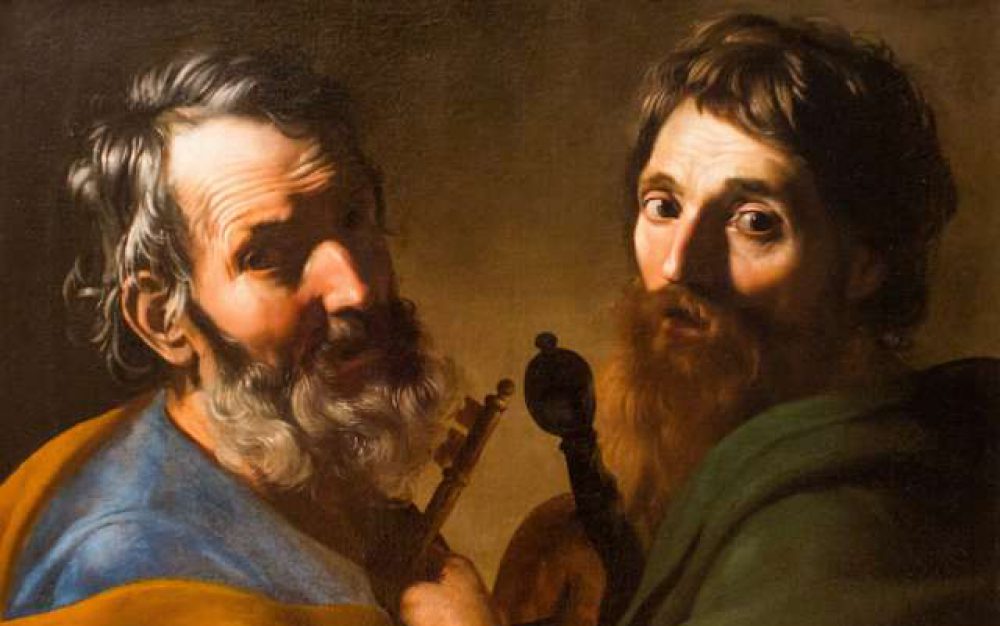






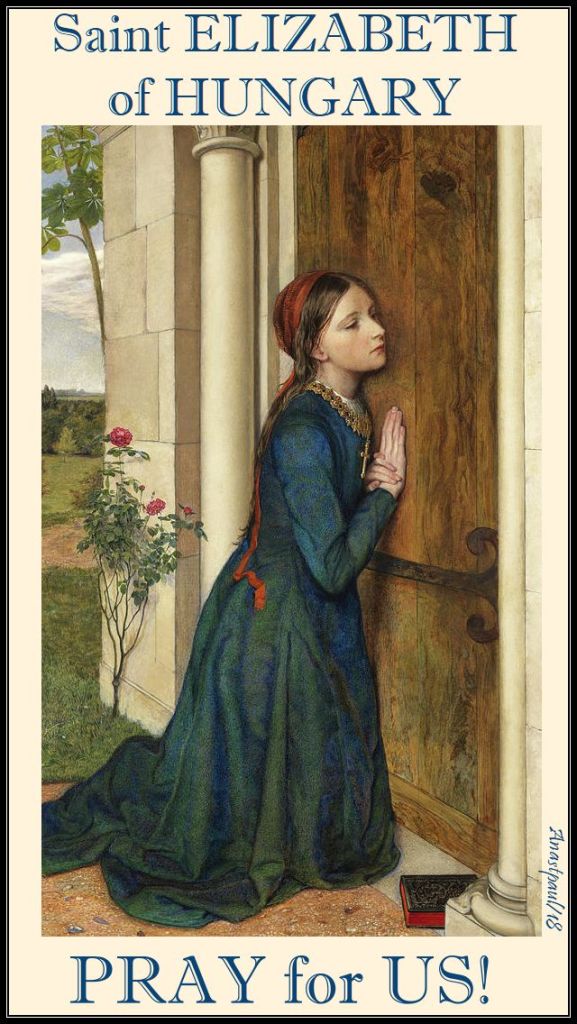



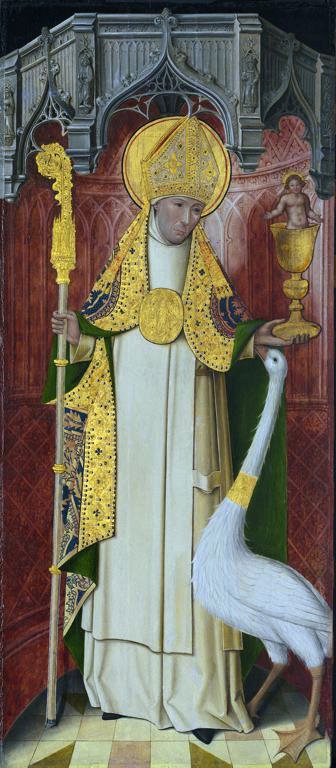





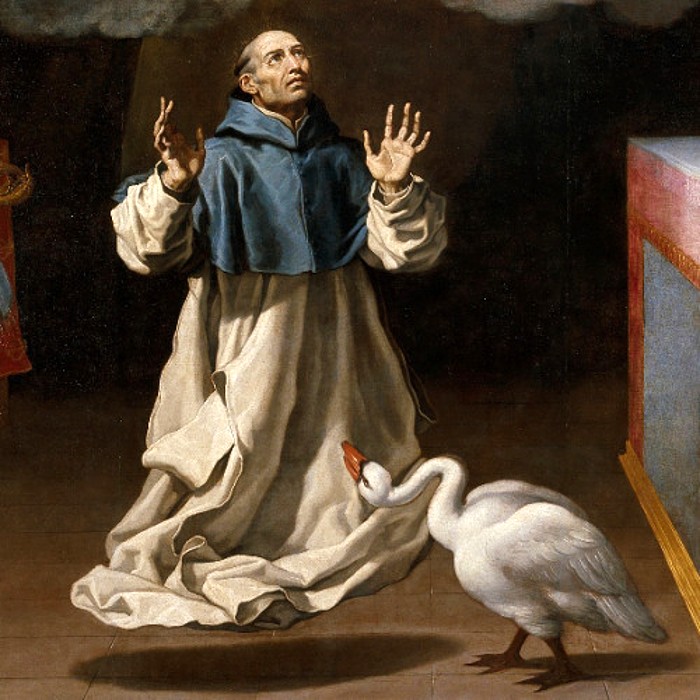
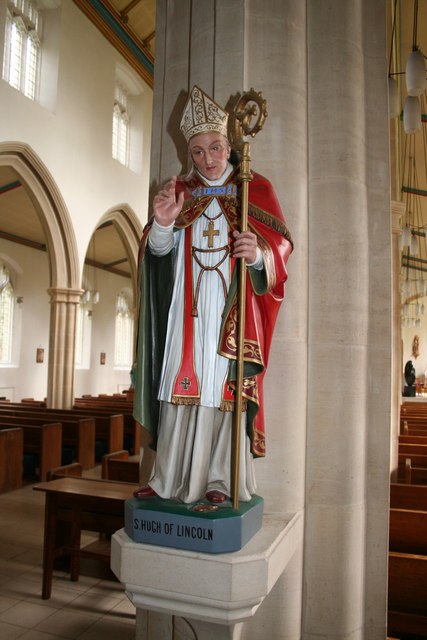

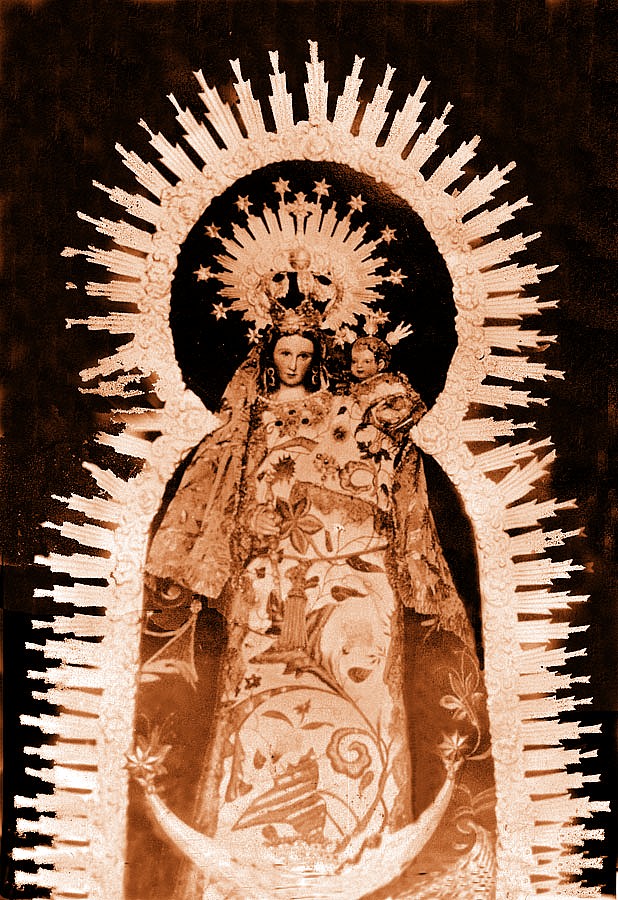

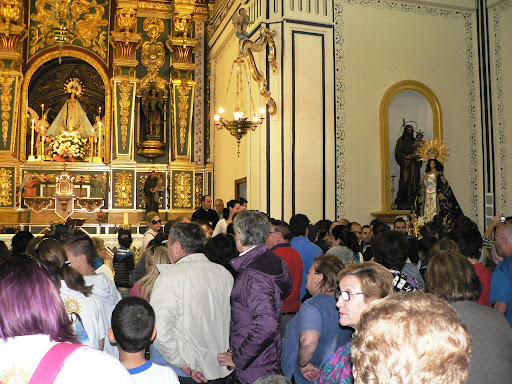
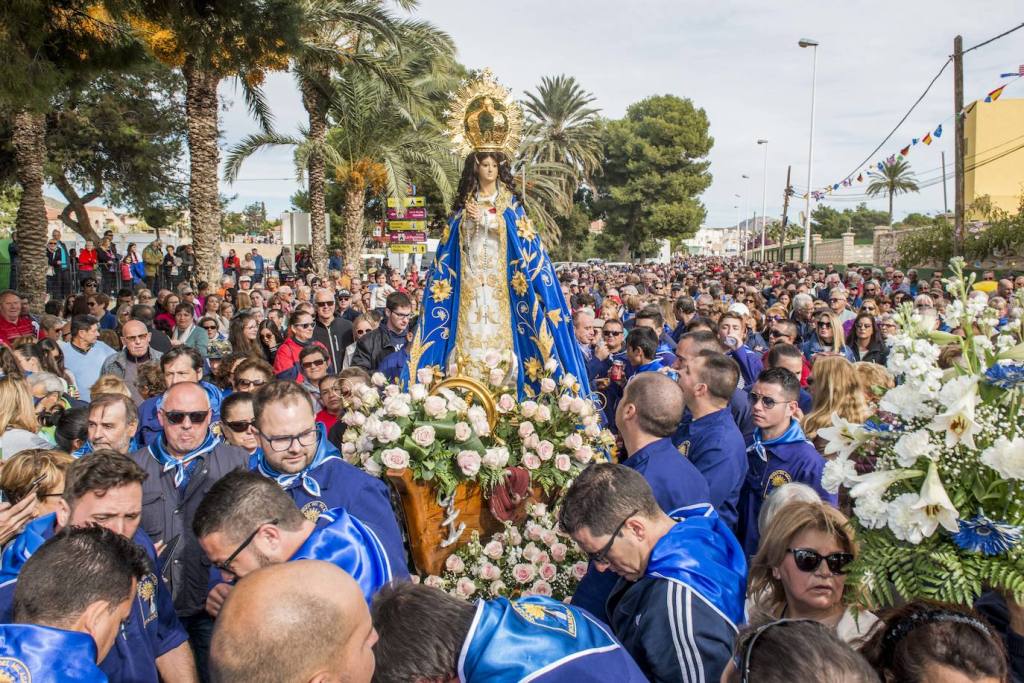

You must be logged in to post a comment.